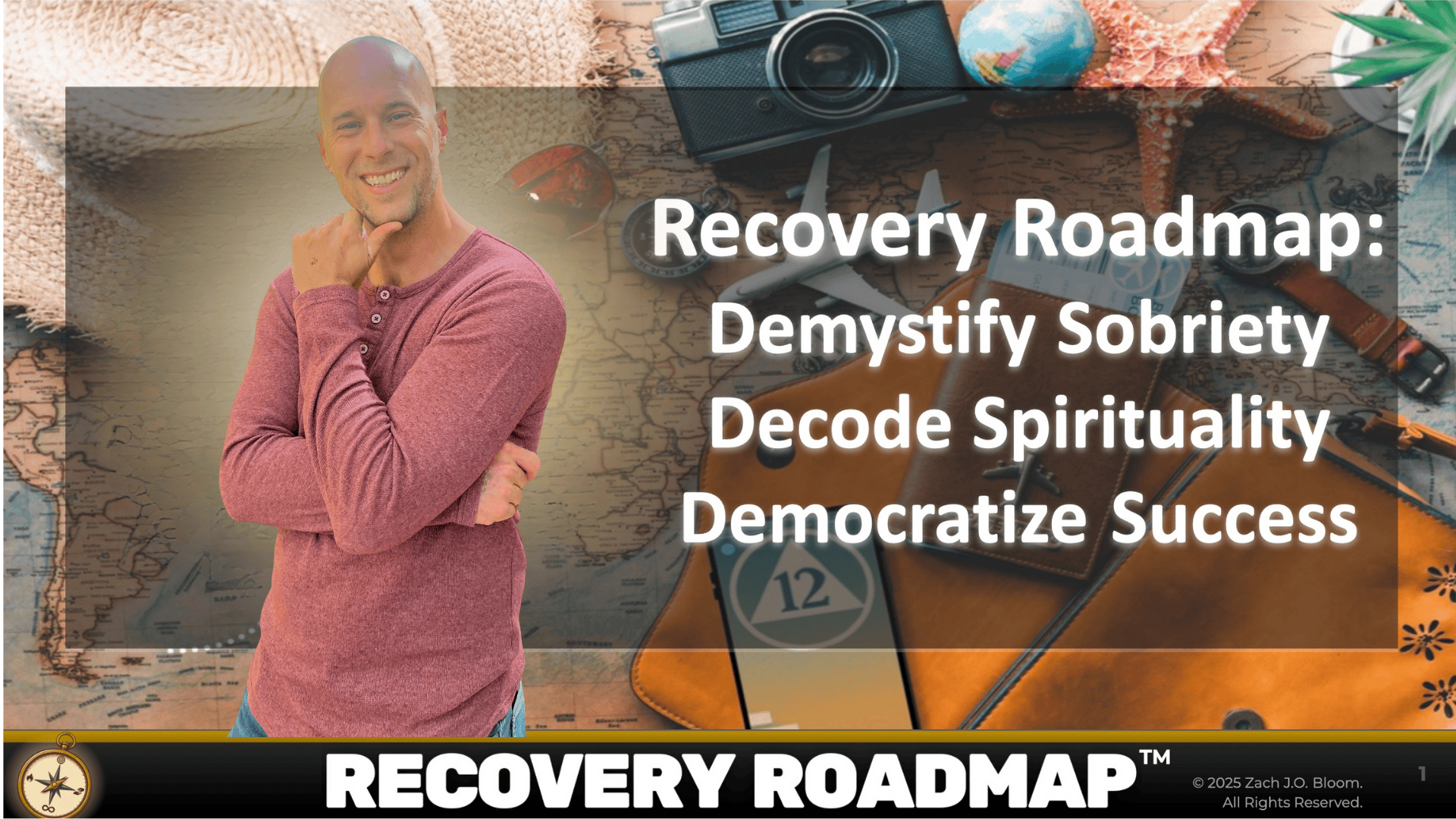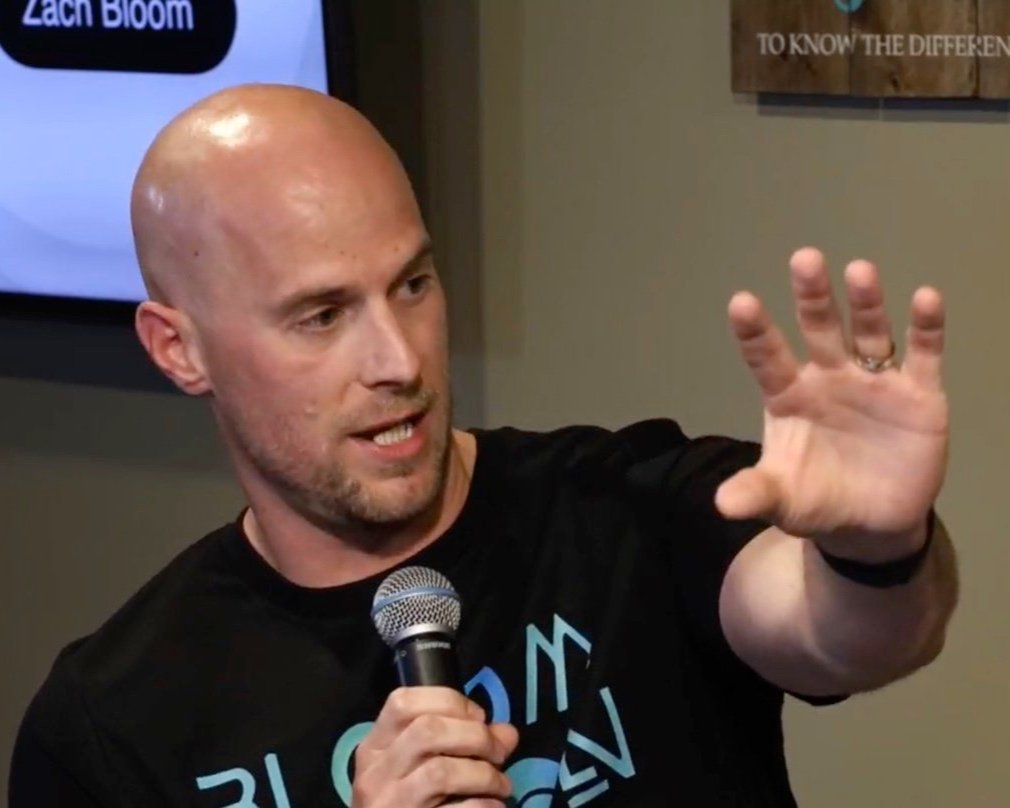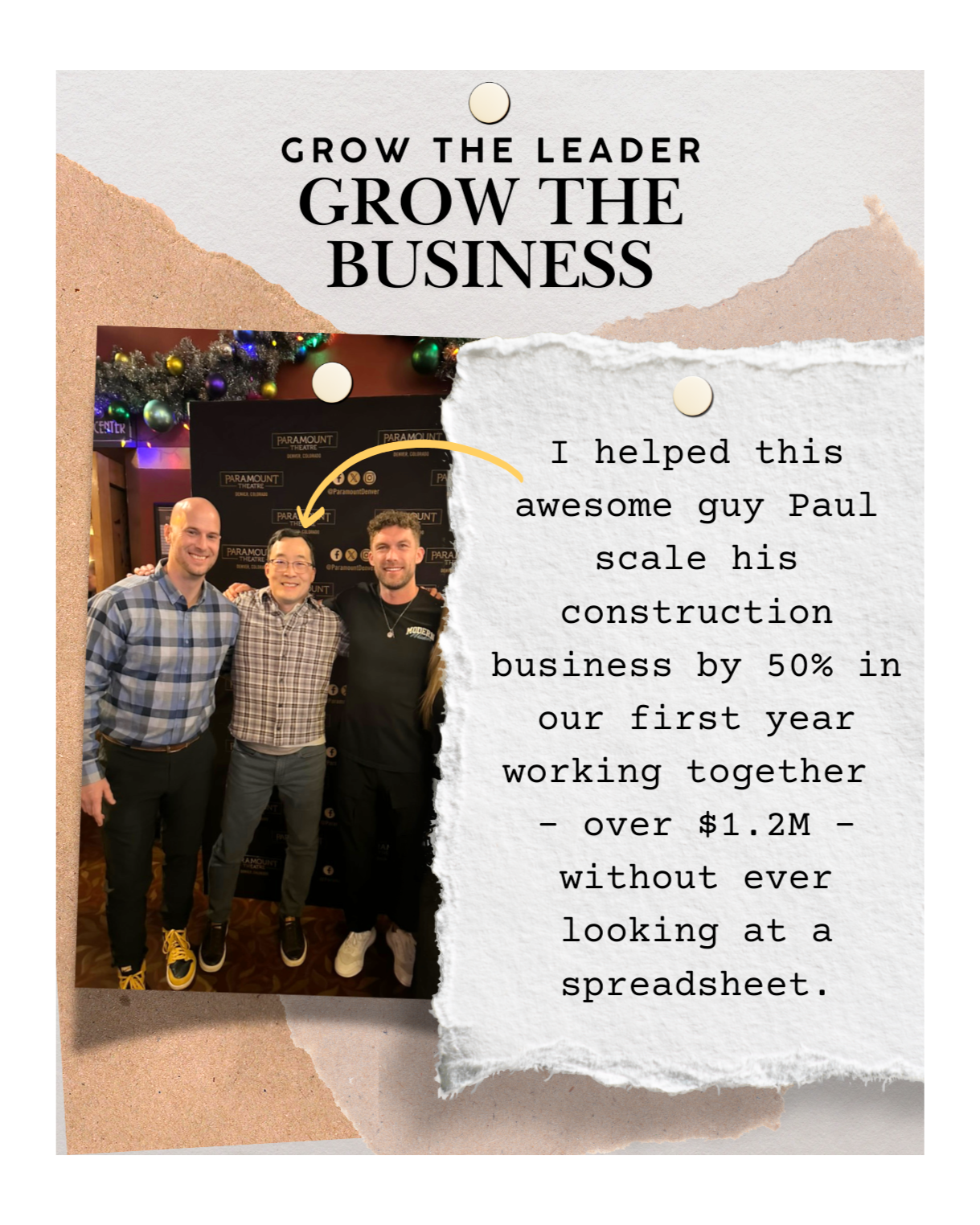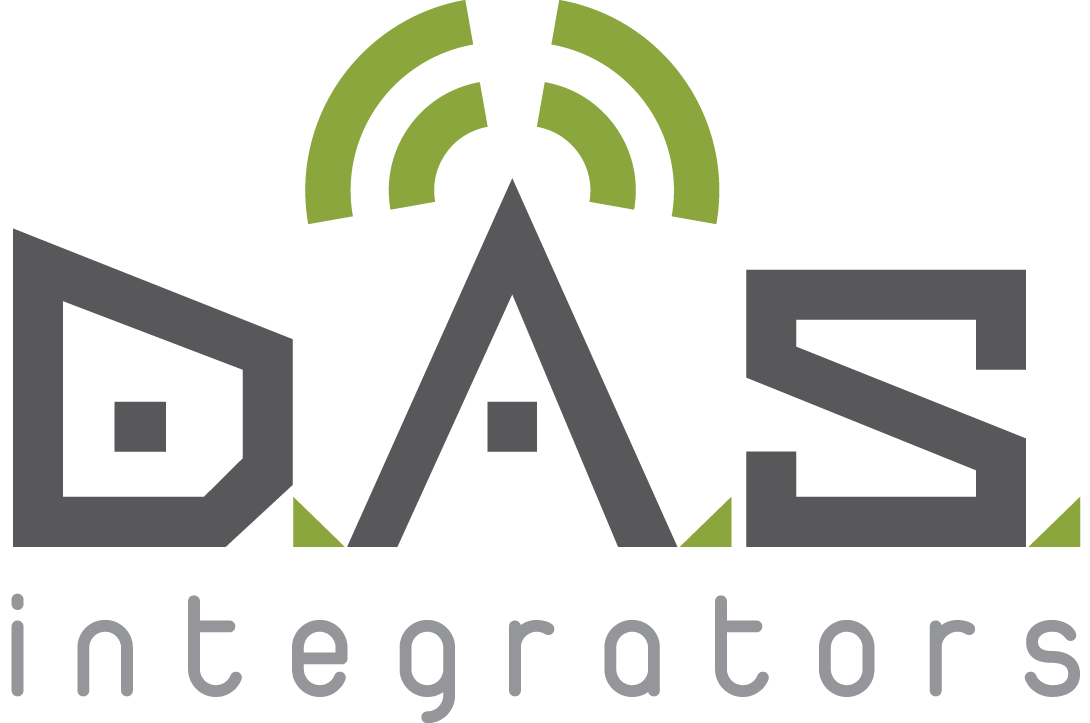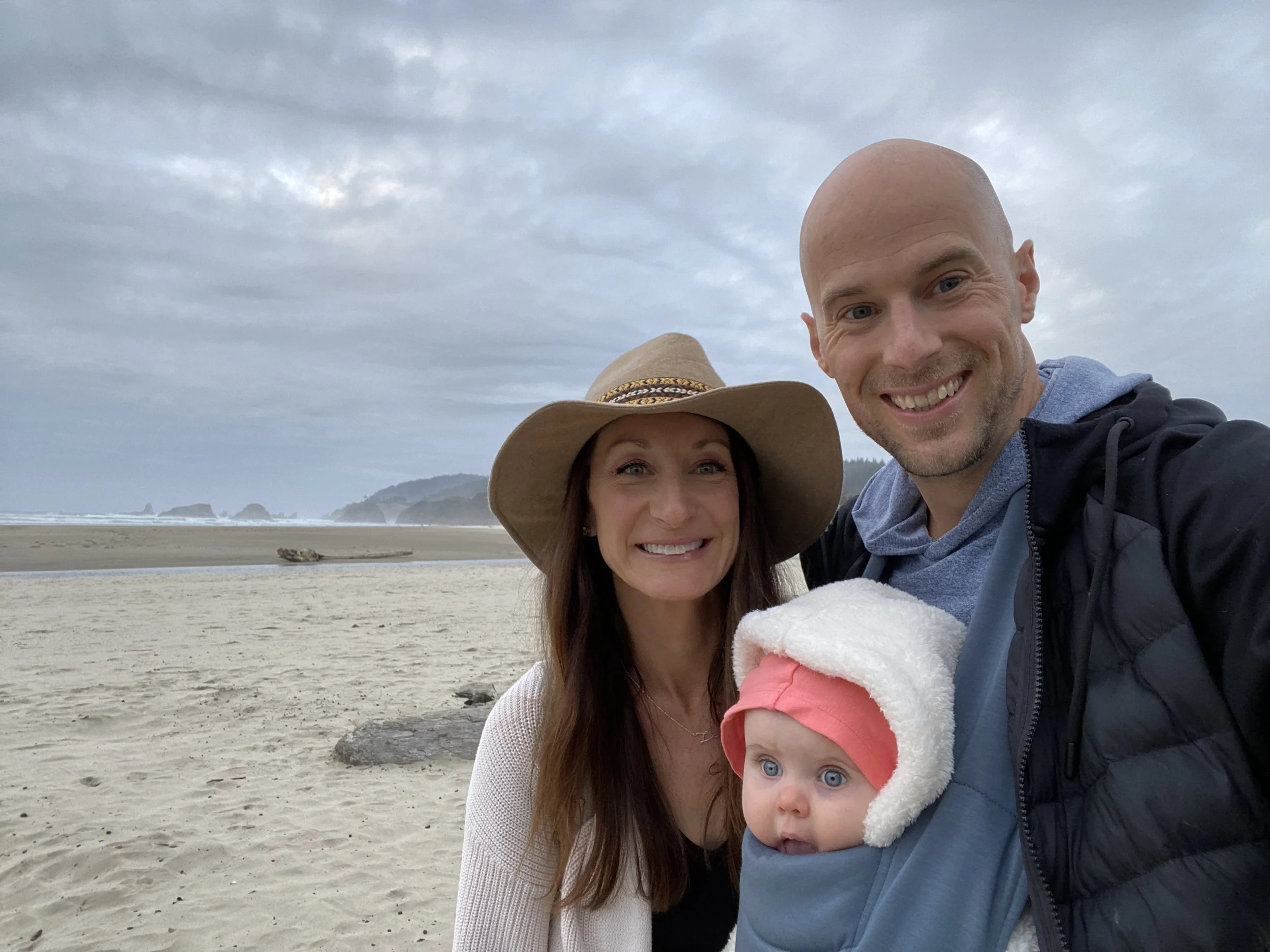Limitless You = Limitless Possibilities
This is a powerful framework for top achievers who want to become outstanding leaders — on their own terms.
FREE ADVANCED TRAINING
Recovery Roadmap:
12 Step Basics, Leadership + Life Map Workshop
Hi, I’m Zach.
I don’t help great people build their missions. I help great missions build their people.
The sign of a truly outstanding leader is… they produce other great leaders around them.
Is that happening in your home & organization?
Are you running on a flat in one or more area?
High Performers love running their race.
But too often we run on a flat tire because we can’t afford to take a pit stop right now…
not if we expect to WIN.
The Result? Burnout. Overwhelm. Sacrificing important areas — AKA swapping out the flat tire from one important wheel to another.
But you can feel it: That extra Overdrive gear that got you where you are doesn’t kick like it used to.
That’s Not Success. That’s Survival.
Can You Relate? You might be a High Performer.
The rules are: Don’t trust me.
TEST my ideas, which have helped thousands transform their lives.
Testimonials
What our Clients are saying:
-

“Awesome experience working with Zach. [He] really helped me get clear on my vision, find my purpose, and how to achieve my vision.”
Sam P.
-
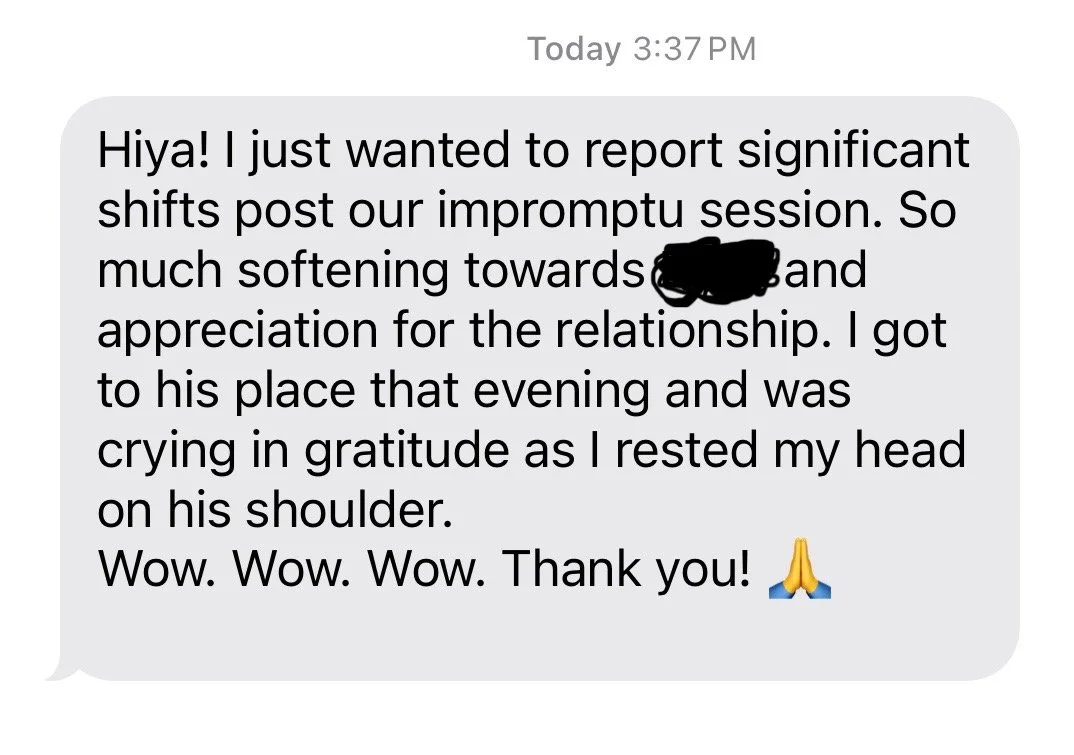
-

-

"Coach Bloom has helped me a ton just understand so much about my purpose in this beautiful life."
Joe O.
-

"You've inspired me to be better in life."
Alex B.
-

-

"[Zach] has helped with my mental game a lot over the last two years, from a very unconfident player who has changed to a player who tries to be more creative."
Reid W.
-

"Coach, you have helped me to look deeper into myself, and I've started to open up and not be nervous to speak out in groups."
Dom N.
-

"You inspire me to be a better person on and off the ice."
Jack R.
-

-

"Coach Bloom has given me so many insights into my life than I knew was possible. I go home from our meetings and ponder the questions that were presented. Amazing guy."
Jack H.
-

-

Coach Bloom has shown me a completely different aspect of life and hockey that will have a positive, lasting impact on me."
Christian C.
Current & past work includes:
“All great things begin on the inside.”
JIM KWIK

